In the wake of George Floyd’s death, a righteous uprising against racism and police brutality has swept the United States, and with it, a proliferation of so-called anti-racist books lists. The aim of these reading recommendations is to educate non-black people how systematic racism affects every aspect of our society — from what and where we eat, to who gets arrested, elected to office, or a starring role in a movie, and yes, who gets to write and publish a book. These efforts to amplify the voices of Black writers are admirable, but there is no right time to pick up books by Black authors. Our reading lists should be diverse no matter the month or this country’s political situation.
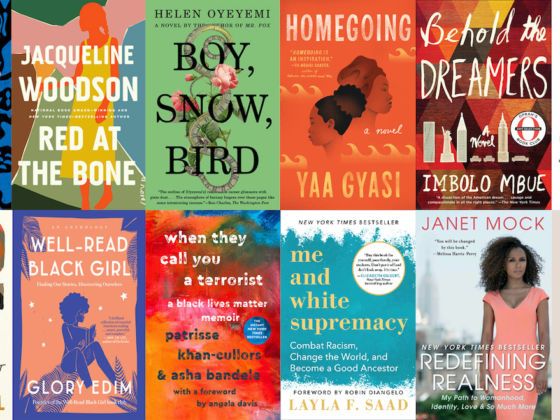

12 Books by Black Women That Address Racism in America
This list focuses on Black women authors in particular, and we have chosen to include both fiction and nonfiction that address racism and racial injustice in some form. We hope to encourage people to finally get out of their comfort zone (if you haven’t already; it really shouldn’t have taken this long!) and read about how Black people in this country — young girls, immigrant couples, babysitters, the ancestors of slaves, new mothers — navigate the repercussions of racism.
It shouldn’t rest on the shoulders of these authors to educate every uninformed person about racism, but giving them your money is a step in the right direction. Even then, it’s still not enough. You actually have to do the work of reading these books, not just to inform yourself about how Black people in this country live under white supremacy everyday, but to appreciate their craft. These writers do not exist just to educate. They are artists and storytellers who should be praised equally for their stunning prose as they are for the difficult subject matter their books depict. And remember: Part of white privilege is that you get to learn about racism, rather than experiencing it on a daily basis.
We didn’t discover any of these books out of nowhere. They’ve been available for anyone to read even when instances of racial injustices aren’t saturating the news. You might have passed these books by at the bookstore again and again, maybe thinking “I’ll get to it eventually.” But there’s no excuse for not reading books by Black authors, especially not “I can’t find any.” Here are 12 books by Black women you should read today, tomorrow, and anytime you want to dive into rich storytelling and honest, raw reflections on the state of racism in the US today.
Fiction
1. Such a Fun Age by Kiley Reid
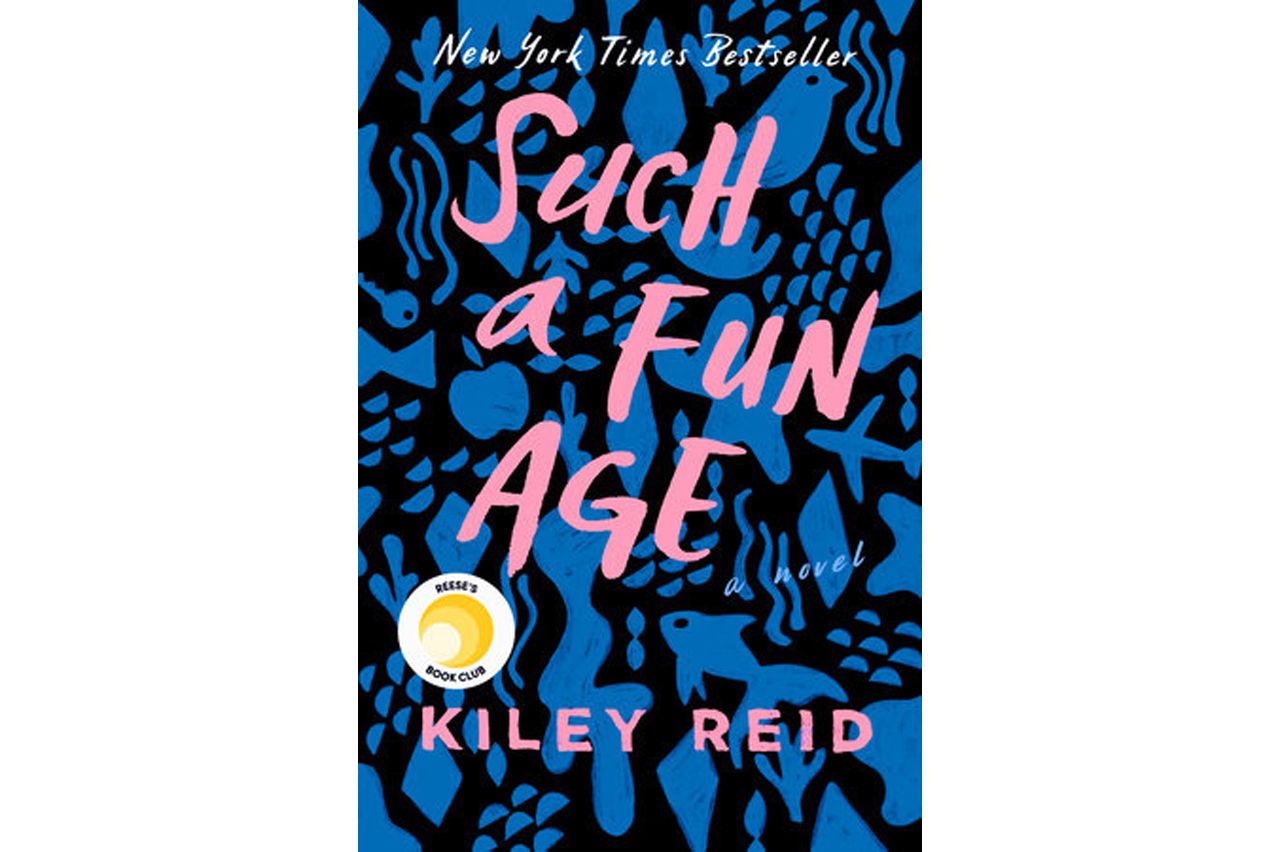
Photo: Penguin Random House
While an easy and entertaining read, Such a Fun Age covers some serious topics. It is a story of race, class, and the privileges or disadvantages that come with both, but at its core, it is a novel on how supposedly progressive white people use Black people to show off their open-mindedness.
Alix, a successful white blogger in her early 30s, hires Emira, a 25-year-old Black woman with a college degree but no career plan, as her babysitter. One late night, after being called by Alix to do some emergency child-minding, Emira takes three-year-old Briar to the neighborhood’s health-food store for a distraction and is accused by the security staff of having kidnapped the child. While the incident itself is quickly resolved, it changes the dynamic in the relationship between mother and babysitter, as Alix’s attempts at showing her support are awkward, intrusive, and unconsciously selfish. Add to that Emira’s relationship with a white man who has a fetish for Black women and you have a modern story of how white people tend to use Black people as props for their own image rather than appreciate them for who they are as individuals.
2. Red at the Bone by Jaqueline Woodson
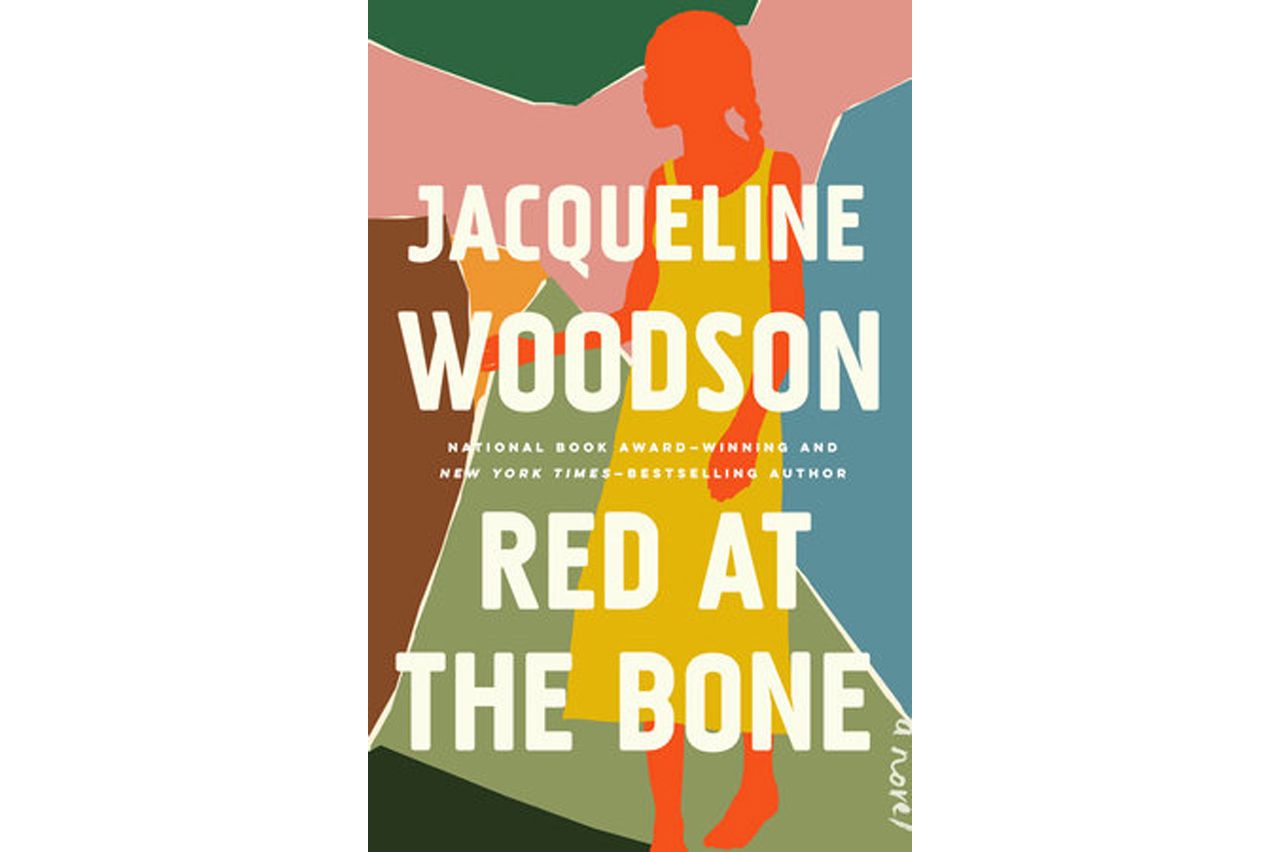
Photo: Penguin Random House
National Book Award-winning author Jacqueline Woodson crafts the tale of two Black families, one affluent and a single mother barely keeping the other together, in Red at the Bone. With deft precision, the novel follows five characters over three generations: Melody, the product of a one-time fling between two high schoolers; her parents, Iris and Aubrey, the former of which insists on keeping her baby but abandons her for college as soon she has the opportunity; and Melody’s grandparents. Woodson inverts familiar (and lazy) stereotypes, casting Aubrey as the devoted father who sticks around to raise his daughter after Iris flees Brooklyn. Through poetic prose and heart-rending examinations of grief and familial love, this brilliant novel unflinchingly describes how the modern world shapes the lives of young Black girls.
3. Boy, Snow, Bird by Helen Oyeyemi
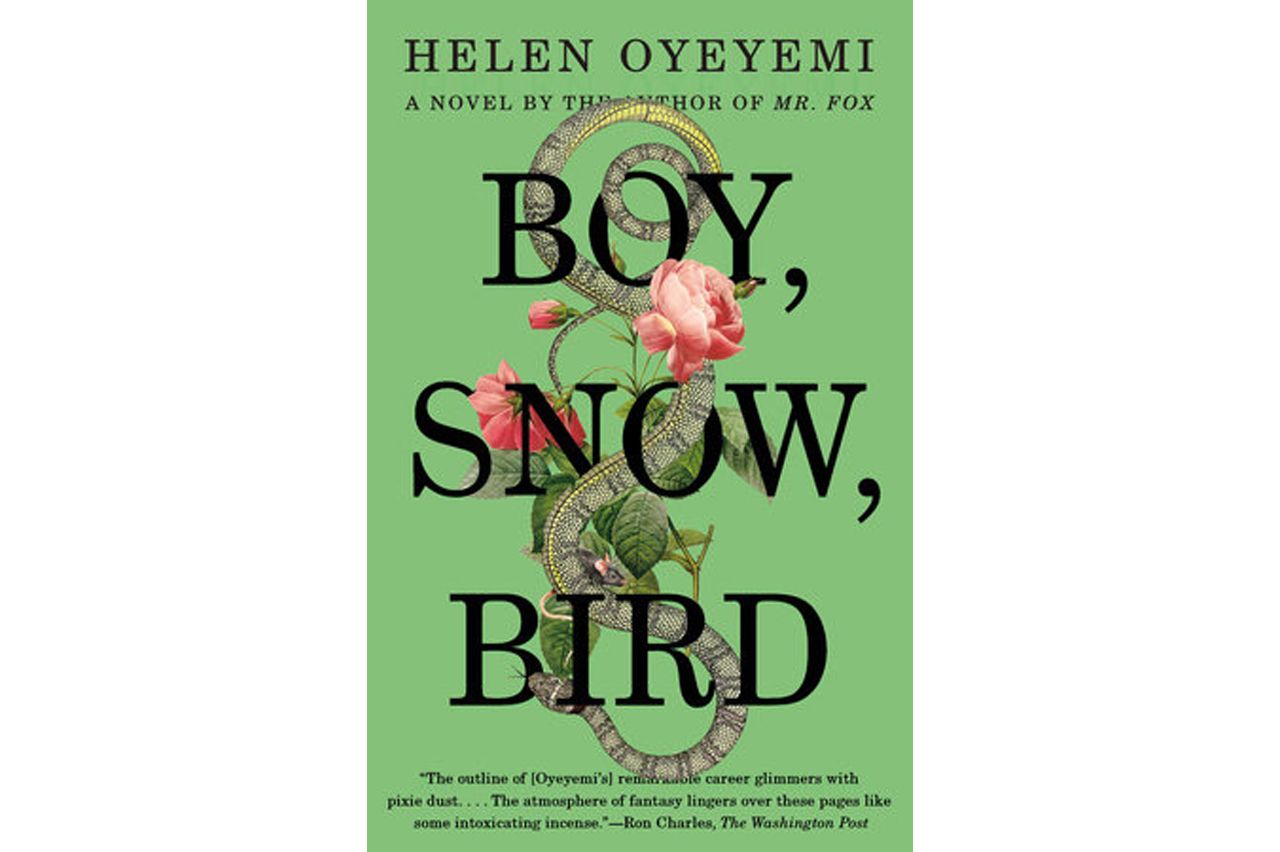
Photo: Penguin Random House
British novelist Helen Oyeyemi is known for blending the magical realism of fairy tales with Yoruba folklore in her books. In Boy, Snow, Bird, loosely based on Snow White, a white woman named Boy Novak escapes her abusive father in New York City. She lands in a small town called Flax Hill, where she meets Arturo Whitman and his angelic, and much beloved daughter, Snow. Boy marries Arturo, and they conceive a daughter, a Black daughter, Bird, revealing that Arturo and his family are white-passing African-Americans from Louisiana. Instead of disowning Bird, Boy sends Snow away to live with Arturo’s older sister, Clara, shunned by the rest of the family for her dark skin. When Snow comes home 13 years later, these three women must confront the legacy of colorism within their family, and the ways in which each of them chose to push back against it.
4. Homegoing by Yaa Gyasi
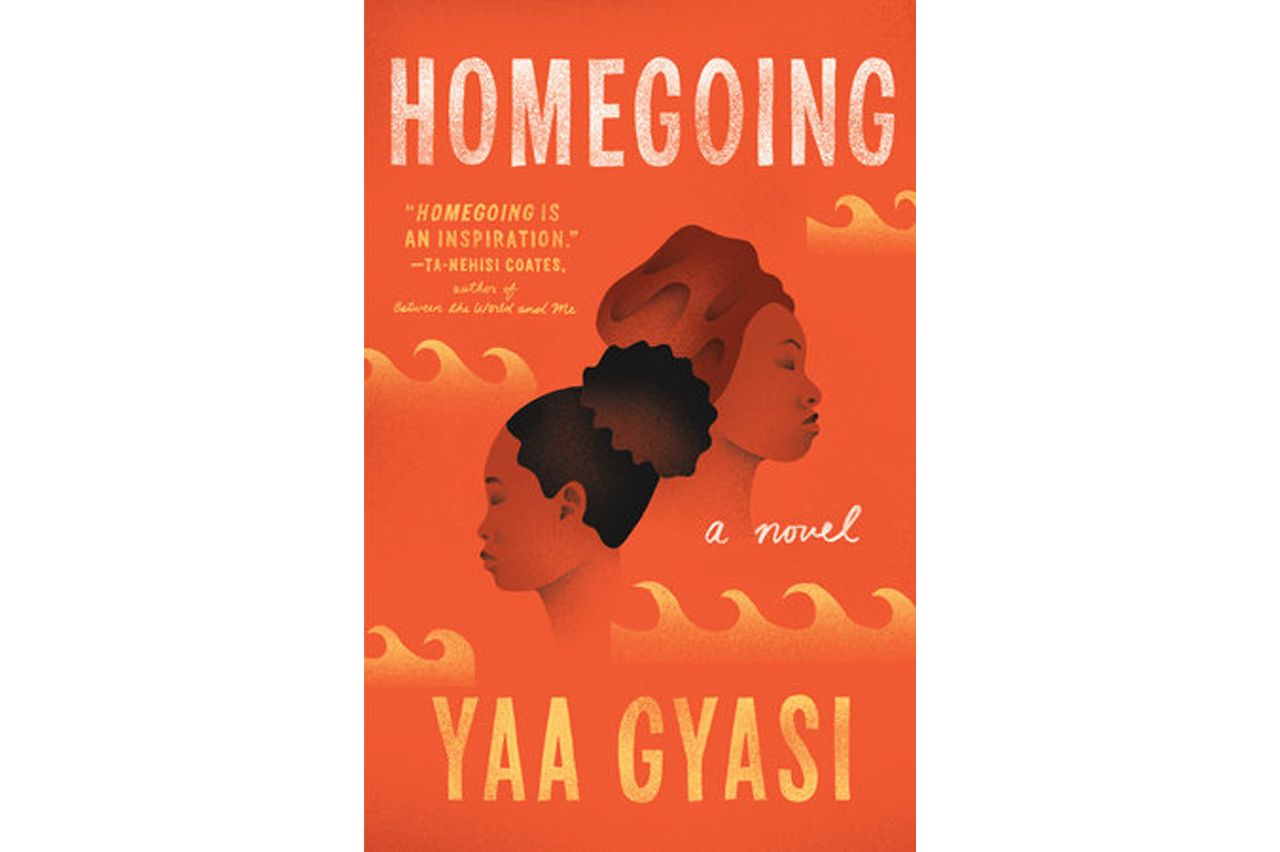
Photo: Penguin Random House
Homegoing is a tale of two family lines separated by circumstance, with an examination of the African diaspora as its backdrop and spanning several generations from the 18th century up until the present day. Starting with Effia and Esi, half sisters who never come to know the other, each chapter is then in the voice of a different family member down one of the two lines. Each descendant has their own story, unique to them, but the alternating narration shows how inextricably linked they are to each other’s stories, whether to the descendants that come before them in their own family line or the opposite one. The parallels between the two show just how much chance can affect a single person’s situation, but also provide an emotional, grim look into the history of slavery and colonialism in Ghana and the US, as well as the historical ties the two nations have with each other. The sheer scale of Gyasi’s ambitions, telling 14 different stories in 300 pages, seem daunting, but she does so with the utmost care for her cast of characters, and the results are incredible.
5. Behold the Dreamers by Imbolo Mbue
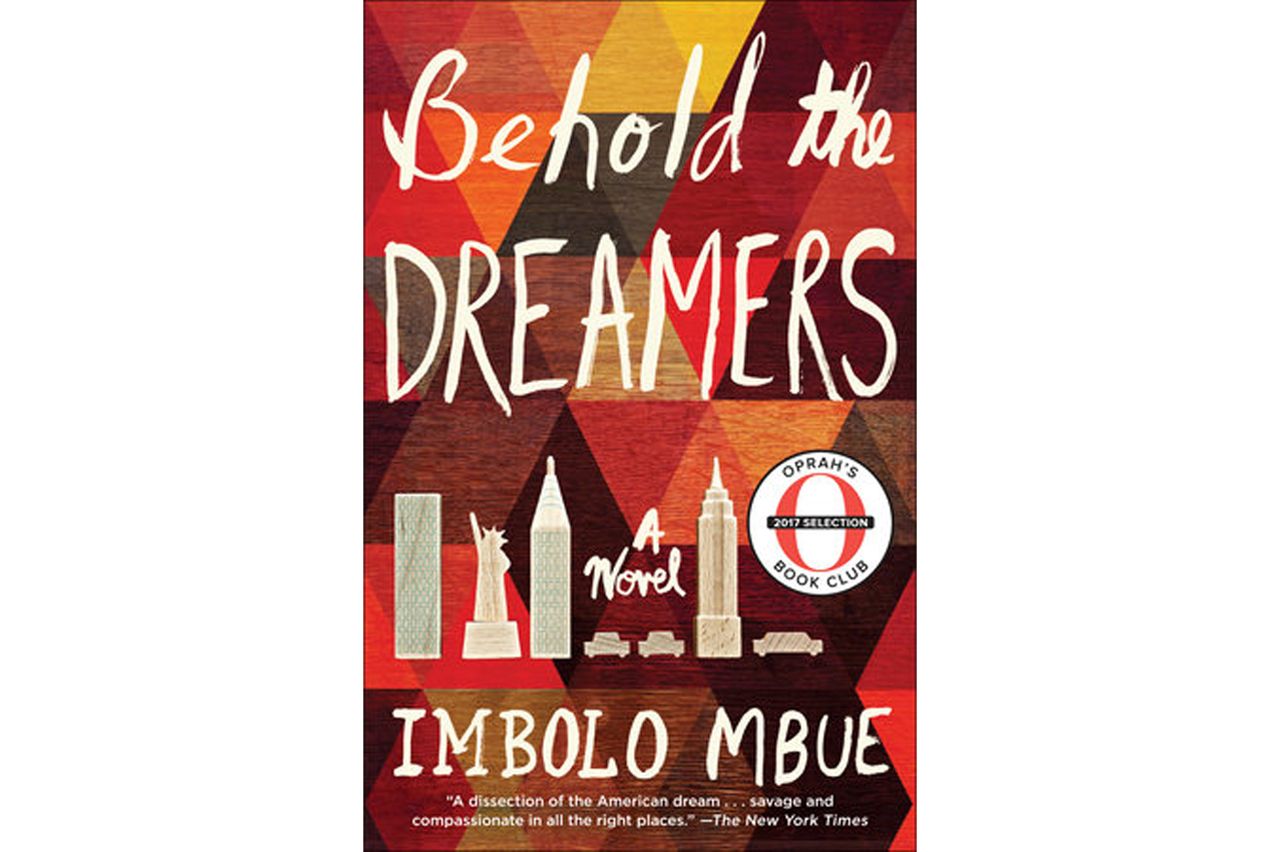
Photo: Penguin Random House
The “American dream” is a concept many are familiar with — the idea that anyone can achieve success and that upward mobility is possible, regardless of who a person is or their status in life. It’s a concept that many hopefuls come to the US for, searching for a better life for themselves and their families. The characters in Behold the Dreamers are no exception, as Jende Jonga, his wife Neni, and their son Liomi, move to the US from Cameroon for that better life; Jende gets a job as a chauffeur for an executive at Lehman Brothers, Clark Edwards, and Neni studies at college hoping to be a pharmacist but also agrees to a temporary job working at the Edwards family’s summer home during a trip, intertwining the two families together even further. Set around the time of the 2008 stock market crash, the book examines the American dream from two different perspectives — the wealthy 1 percent and the people that work for them, as well as the relationship the two groups have with each other. It is in this that we see everything is not all it’s cracked up to be, and while labeled as fiction, the immigrant struggles that the Jonga family faces are all too real.
6. The Hate U Give by Angie Thomas
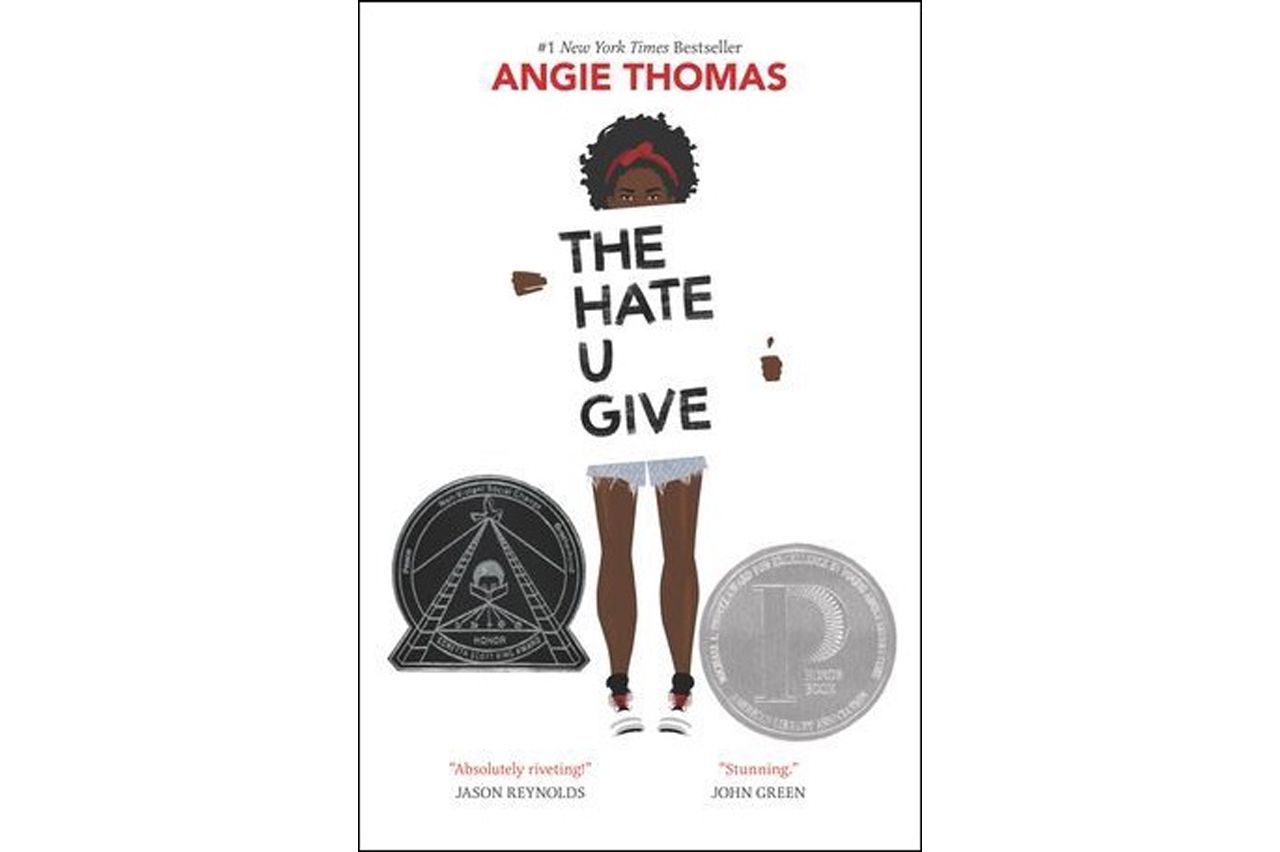
Photo: Harper Collins
The Hate U Give centers around Starr Carter, a 16-year-old Black woman who lives in a poor Black neighborhood but attends high school in a rich white one. Navigating both worlds is a difficult task for Starr, whose parents have always been very vocal to her and her siblings about race relations and systematic racism. From an early age, Starr’s father taught her how to behave to remain safe if she ever had to deal with law enforcement. And it’s after a party, during a traffic stop, that Starr truly understands the reason behind her parents’ insistent talks, as she witnesses the shooting of her unarmed best friend Khalil by a white police officer. Later, when Khalil is being called a thug and a drug dealer in the media as justification for his murder, Starr, the only person able to attest to what happened, decides to partake in the legal battle to obtain justice for her friend and clear his name.
Although a young adult novel, The Hate U Give’s target readership can be expanded to anyone who cares to put themselves in the shoes of a Black person in the modern-day US — and we recommend that white people of all ages pick it up. It was published as a fiction novel in 2017, and it’s tragically still an accurate representation of the fear and injustice Black people in the US endure daily.
Non-fiction
7. Hood Feminism by Mikki Kendall
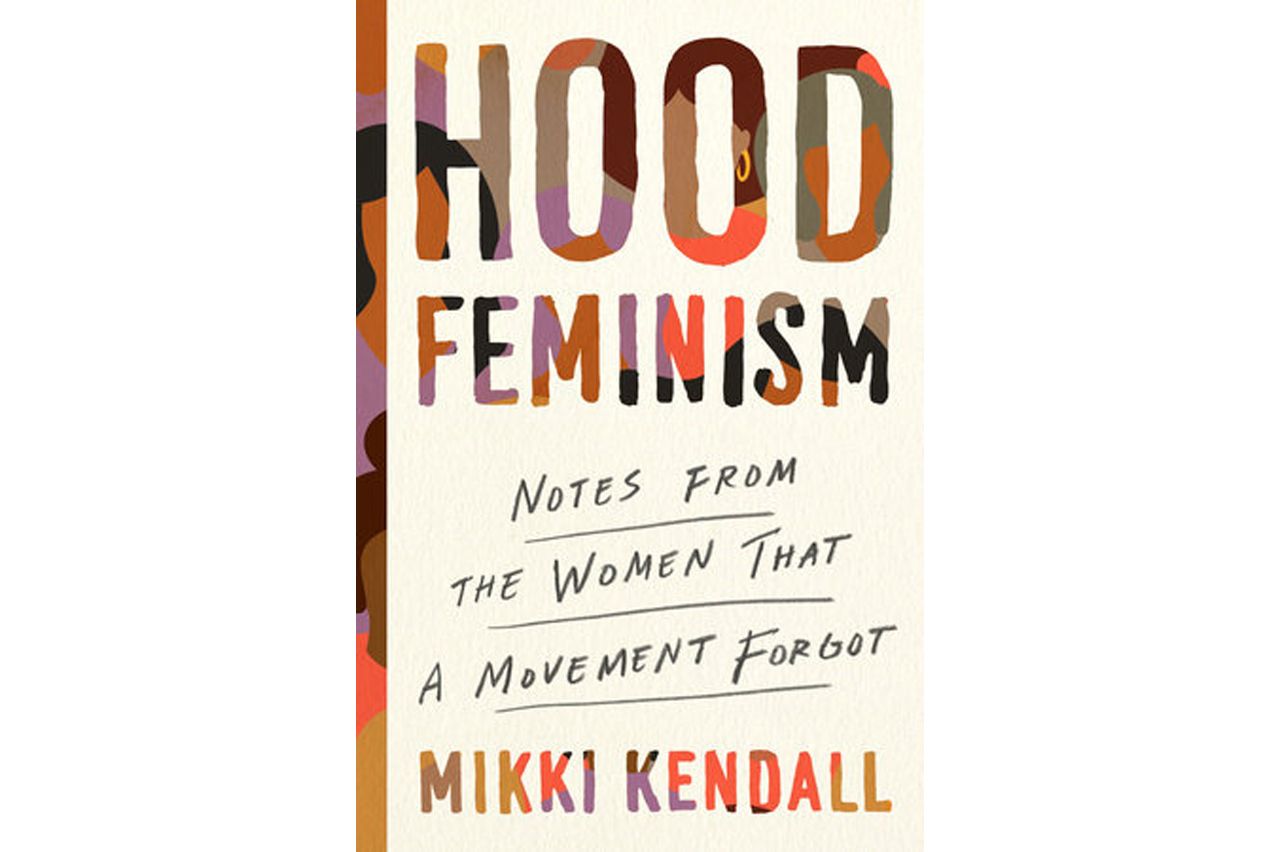
Photo: Penguin Random House
Hailed as a “searing indictment of mainstream feminism,” Mikki Kendall’s essential essay collection breaks down how the movement ignores the basic needs of all women, including living wages and food insecurity. Kendall references her own experiences with “hunger, violence, and hypersexualization” to illustrate the pitfalls of white feminism, and how its modern iteration excludes the most vulnerable people the movement originally set out to protect. No, feminism is not about “Girl Boss” T-shirts, Kendall argues, but rather fighting for measures, like free and easily accessible medical care, that will save the lives of women. The Guardian wrote that Kendall is here to “lay down the gauntlet.” She will make you uncomfortable, force you to question your values, and is definitely not here to coddle you.
8. Well-Read Black Girl edited by Glory Edim
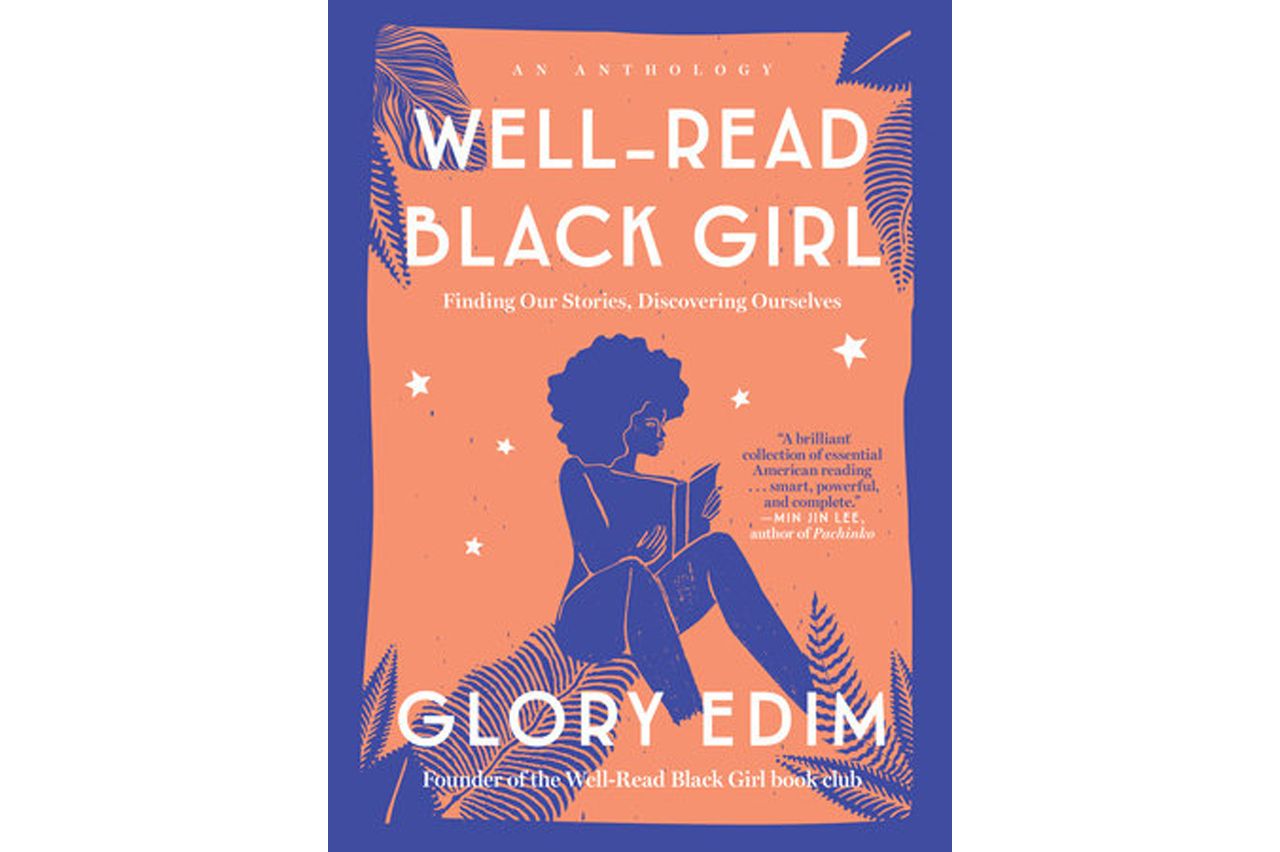
Photo: Penguin Random House
This NAACP Image Award-nominated essay collection, edited by Glory Edim, the founder of a book club of the same name open exclusively to Black women and girls, tackles representation in literature. Essays by writers like Jesmyn Ward, Morgan Jerkins, and Jacqueline Woodson address “that moment when you first encountered a character who seemed to be written just for you.” Edim’s book is a space for Black women to share ruminations on why they read and the importance of representation in literature. Through these intimate reflections on the contributor’s encounters with their favorite books, readers are reminded of the power and magic of literature to transform and enrich the lives of everyone — regardless of race, gender, or class.
9. When They Call You a Terrorist by Patrisse Khan-Cullors and asha bandele
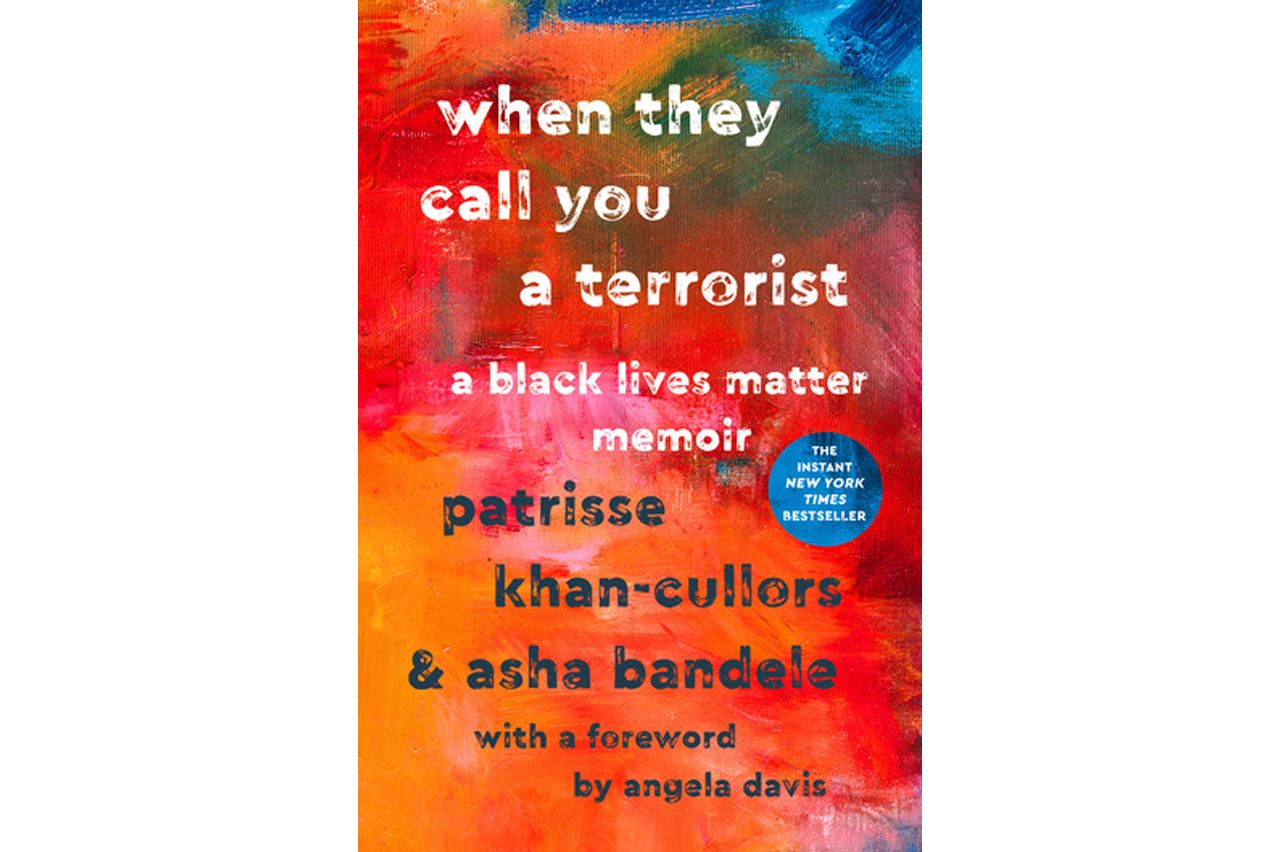
Photo: Macmillan
The Black Lives Matter movement as we currently know it did not truly kick off until 2013, after Trayvon Martin was murdered and the man that shot him, George Zimmerman, was acquitted. One of BLM’s founders, Patrisse Khan-Cullors, co-wrote a memoir with asha bandele that not only intimately chronicles her own history but also the early beginnings of the movement itself. Over the course of When They Call You a Terrorist, readers will see the heartbreaking events that Khan-Cullors and her family experienced as Black Americans, which were also some of the driving forces that led her to the community and activism work she finds herself thriving in today. It’s a poignant, eye-opening reminder of the inequality and discrimination that still exist in the country’s institutions, and people, to this very day.
10. Me and White Supremacy by Layla Saad
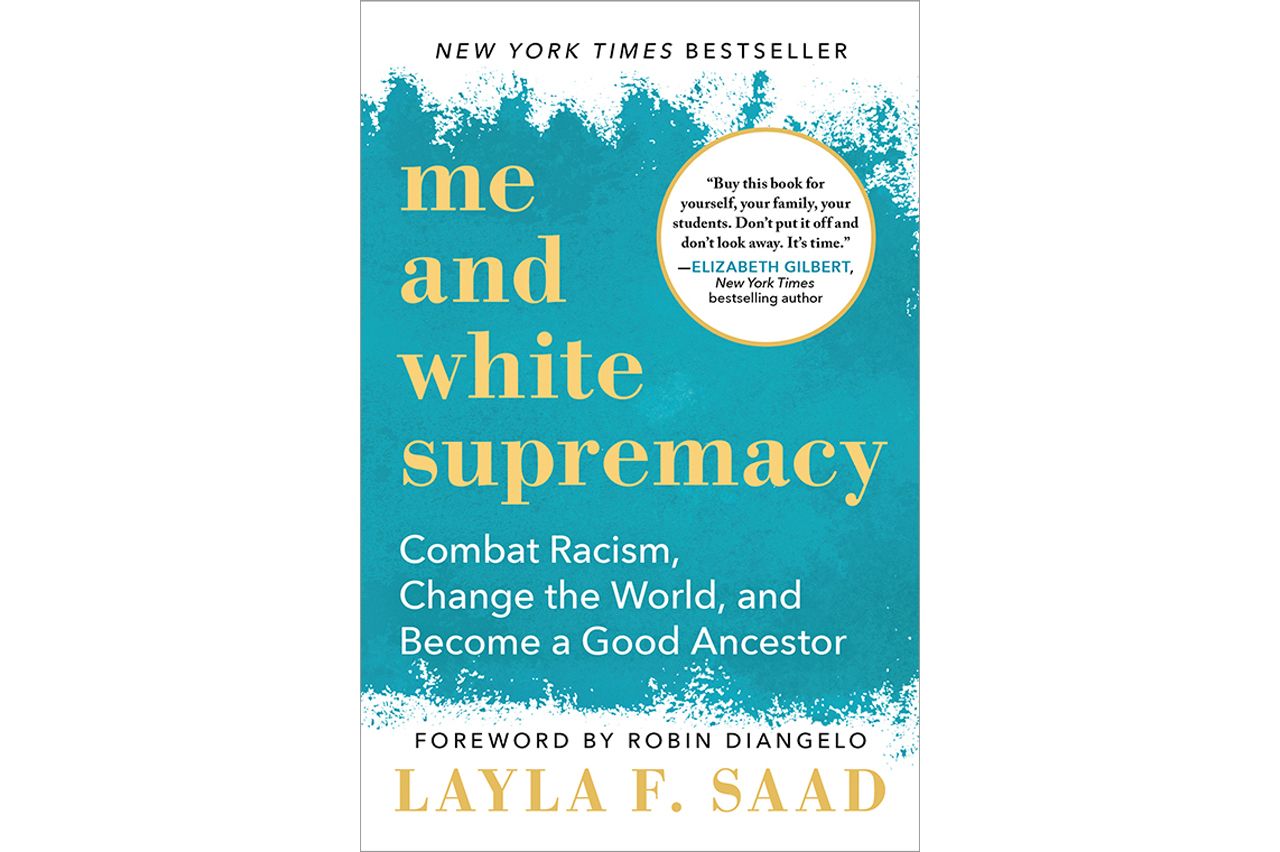
Photo: Source Books
Based on the viral #meandwhitesupremacy hashtag she launched on Instagram, Layla Saad offers this guidebook to allyship, complete with journal prompts so that readers can continue to grapple with their role in white supremacy even after closing the book. Saad (very generously) lays out for white readers their own anti-black sentiments and how they participate in cultural appropriation, perhaps without even being aware of it. Through lessons interspersed throughout the book, readers will learn “language to understand racism, and to dismantle your own biases.”
“The work is uncomfortable, but the fact is that you have so centred yourself that you’re not even thinking about how uncomfortable it is for people of colour to be impacted by racism, being harmed right here,” Saad recently told Refinery29. “And the two are not equivalent.”
11. Redefining Realness by Janet Mock
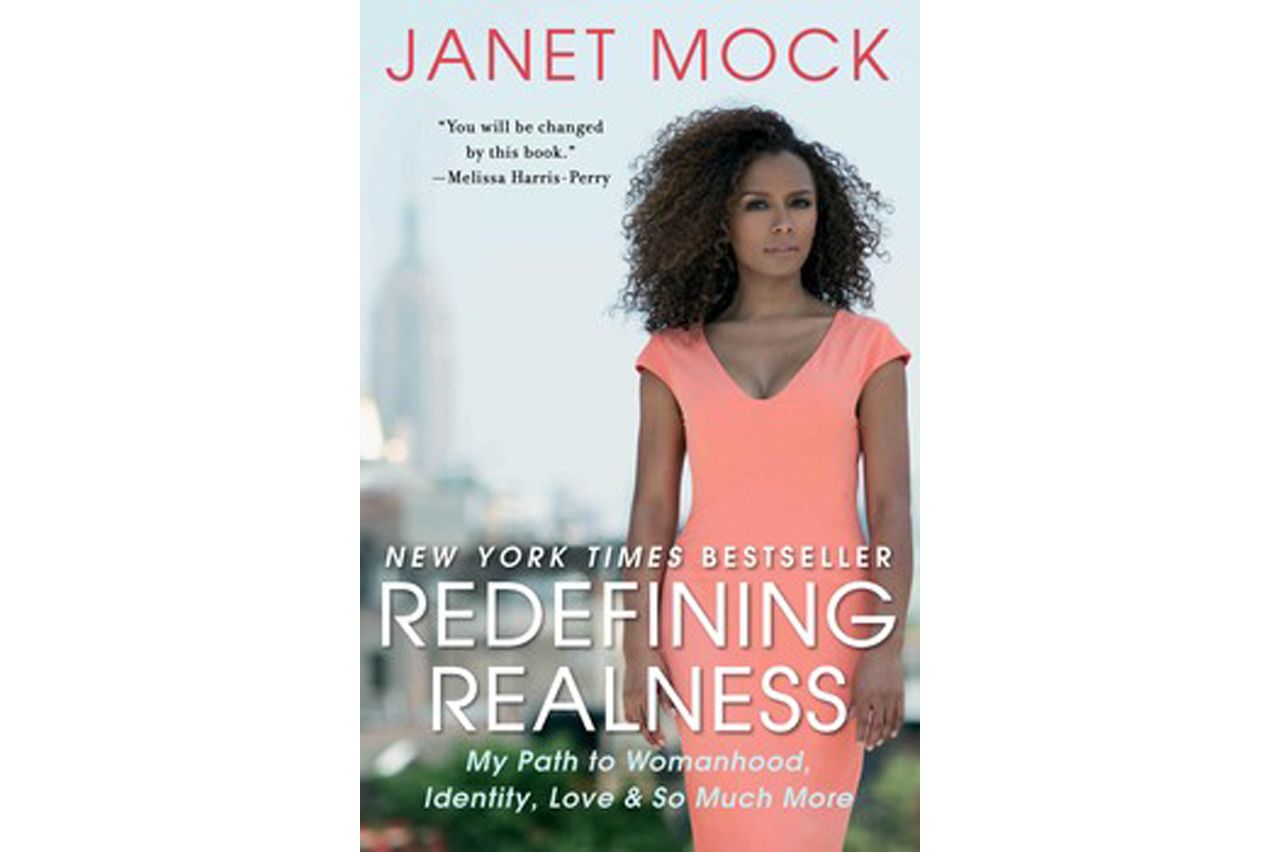
Photo: Simon and Schuster
Janet Mock’s memoir details her life as a trans woman of color living in the US In Redefining Realness, readers are taken on an emotional roller coaster through Mock’s life, beginning with her growing up multiracial and poor in Hawaii to her teen years, where she began transitioning and became a sex worker to afford it, to her adult life, where she moved crosscountry and hid who she truly was until she gained the strength to tell her story. From sexual and substance abuse to poverty and violence, the challenges Mock has had to face show that she has not had an easy life. But despite all those hardships in her search for identity, self love, and acceptance, Mock remained true to herself and knew who she was. Her story is relatable to both other trans people and anyone who has ever had to hide parts of themselves out of fear others would not accept them. Mock does a fantastic job of explaining terms and concepts that readers might not be familiar with, and even includes statistics to provide further education.
12. Black Is the Body by Emily Bernard
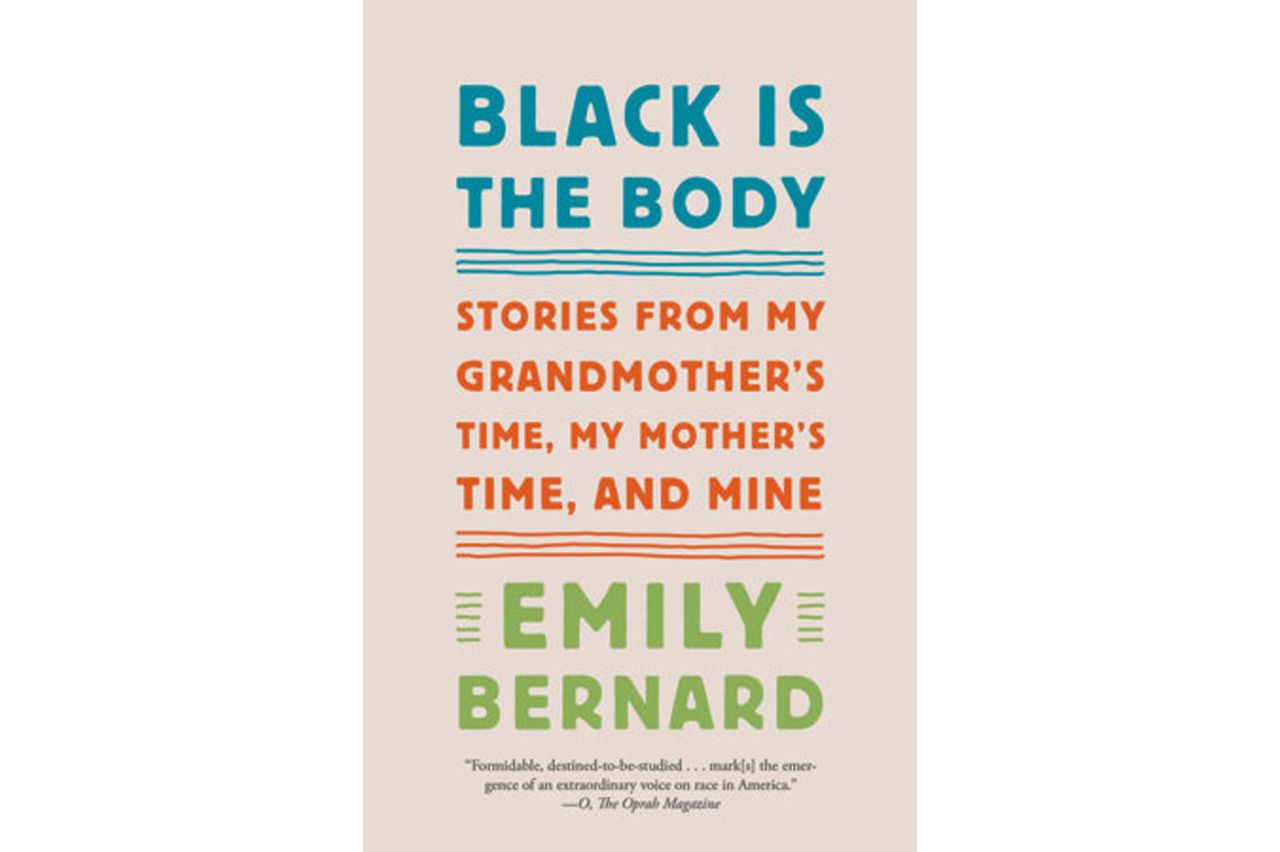
Photo: Penguin Random House
In 12 personal essays Emily Bernard delves into how she has navigated racism in many defining moments of her own life: growing up in the South, marrying a white man, and adopting two children from Ethiopia. But Bernard, in her signature candor, wants to explore all the facets of her identity as she explores how “to find a language that would capture the totality of my experience, as a woman, a black American, a teacher, writer, mother, wife, and daughter.” Bernard writes that her goal with this book is to “contribute something to the American racial drama besides the enduring narrative of black innocence and white guilt.” She takes readers into her classroom in an essay called “Teaching the N-Word,” and even invites us into her marriage. Both intimate and accessible, Bernard’s memoir asks you accept hard truths about the realities of living as Black woman in the US.